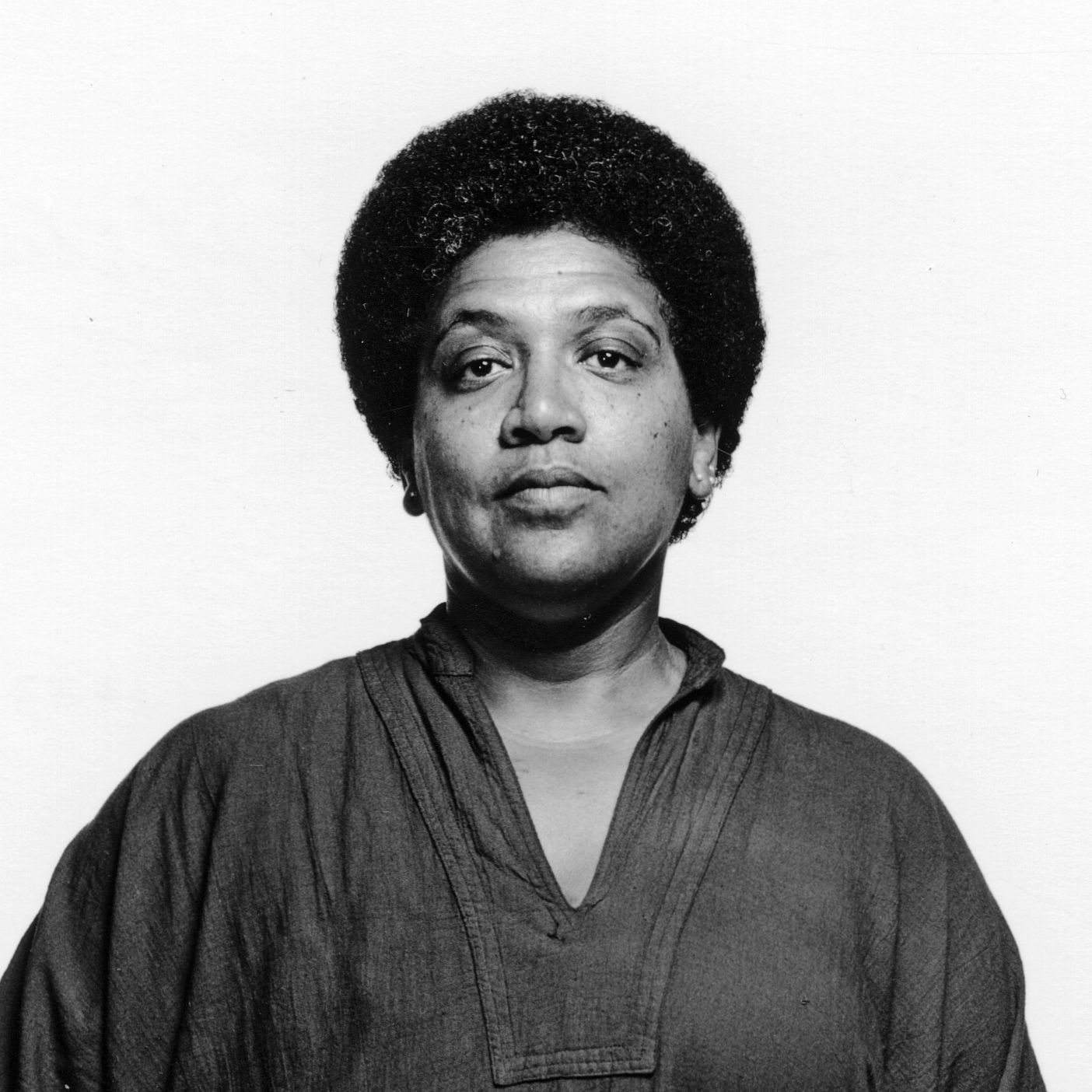Spanish translation by Torres Ruiz
In the street outside a school
what children learn
possesses them.
Three little boys yell
stoning a swarm of bees caught
between the lunchroom window and a grate
Their furious rocks graze metal.
The bees are cold and slow
to self-defense. One boy is stung
into quicker destruction.
School guards come
long wooden sticks in hand
advancing on the hive
they beat the almost finished
rooms of wax apart fresh honey
drips down their broomsticks
little boy-feet becoming experts
trample the rain-stunned bees
into the pavement.
Curious and apart the girls
look on in fascination learning
secret lessons one steps
across the feebly buzzing ruins
to peer up at the empty grated nook
"We could have studied honey-making!"
tries to understand
her own destruction.
Published:
1972
Length:
Regular
Literary Movements:
Black Arts Movement
Civil Rights Movement
Anthology Years:
2025
Themes:
Bilingual
Childhood & Coming of Age
Education & Learning
Nature
Science & Climate
Violence & War
Womanhood
Literary Devices:
Caesura
a break between words within a metrical foot
Dialogue
conversation between two or more people as a feature of a book, play, or movie
Enjambment
a line break interrupting the middle of a phrase which continues on to the next line
Imagery
visually descriptive or figurative language, especially in a literary work
Transferred Epithet
When an adjective usually used to describe one thing is transferred to another.

